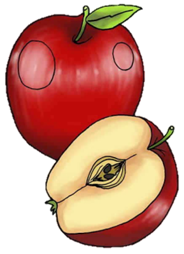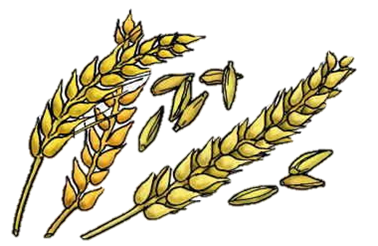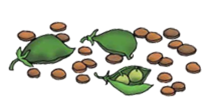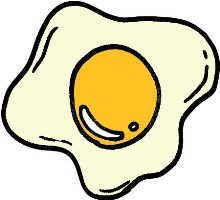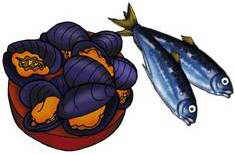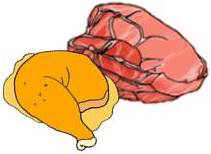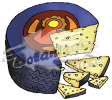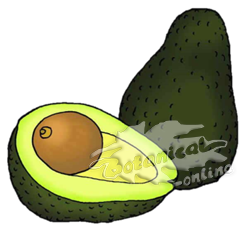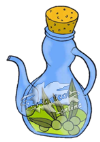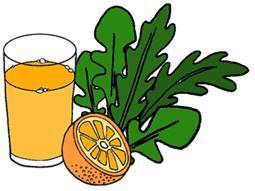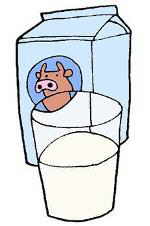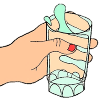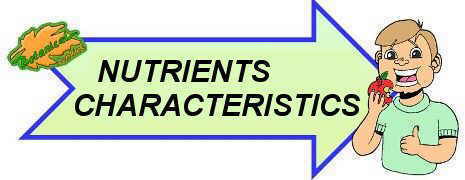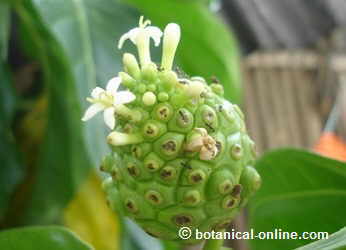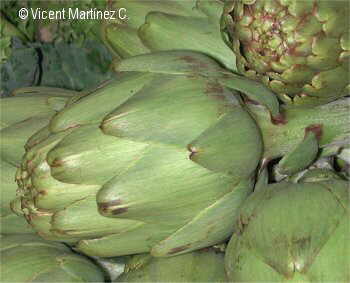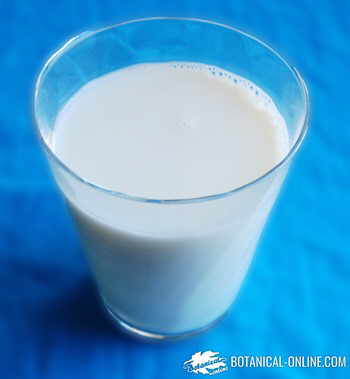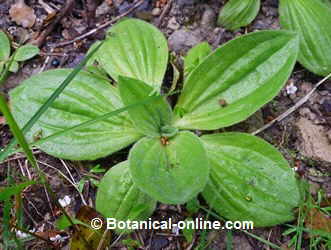Contents
Food groups of the diet according to the kind of components they contribute
What are the nutrients and what are they for?
Nutrients are components of foods that are essential for good health. There are different kinds of nutrients and each one has different functions.
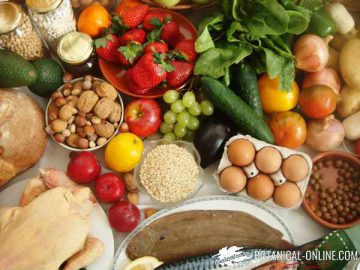
Suitable foods for a healthy diet
What types of nutrients are there?
There are the following types of nutrients:
How are the nutrients studied?
The nutrients are components of the food, therefore, to speak dietetically about them we say “foods rich in“.
Where are the nutrients?
The nutrients are found in food. To be well nourished, we must eat healthy foods. Each food must be valued as a whole. For example, a product that contains a lot of sugar is not advisable, although it is enriched in X vitamins or is rich in proteins.
The fact that a food contains a nutrient does not mean that it is rich in that component. There are foods that are richer than others in certain nutrients. For this reason, foods are grouped or classified into food groups.
Classification of foods according to the nutrients they provide
By studying the composition of foods, we can classify them into the following groups:
| Nutrients What do they give us? | What are their functions? | Examples of healthy foods that provide these nutrients |
|---|---|---|
Natural food rich in carbohydrates
|
|
|
Natural food rich in proteins
|
|
|
Natural foods rich in fats
|
|
|
Natural food rich in minerals and vitamins
|
|
|
Natural foods rich in fiber
|
|
|
Water
|
|
|
Characteristics of nutrients
Child feeding course index
![]() More information on nutrition.
More information on nutrition.


